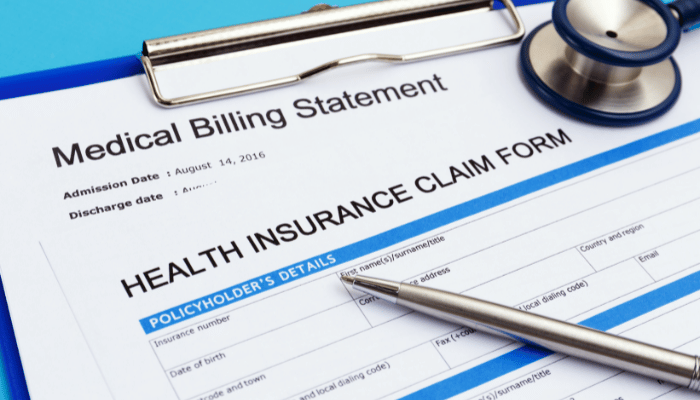Car accidents can happen when you least expect them, causing injuries that require immediate medical attention. In such situations, you might be wondering whether your medical insurance will cover the costs. Understanding the extent of medical insurance coverage for car accidents and what you should be prepared for is key in these situations. Please note that specific insurance policies and coverage can vary, so it’s essential to consult your insurance provider for precise details.
Your Health Insurance and Car Accidents
Coverage Basics
Generally, your regular health insurance, whether through a private provider or a government program like Medicare or Medicaid, will cover medical expenses resulting from a car accident. These expenses can include hospital bills, surgery, doctor visits, and prescription medications.
Deductibles and Copayments
Keep in mind that you’ll still be responsible for deductibles, copayments, and any out-of-pocket expenses specified in your health insurance policy. These costs can add up, especially if your accident requires extensive medical treatment.
No-Fault Insurance States:
Understanding No-Fault Insurance
Some states have “no-fault” insurance laws, which require drivers to carry personal injury protection (PIP) coverage. In these states, your own PIP coverage is the primary source of medical payment after a car accident, regardless of who caused the accident.
Health Insurance as Secondary Coverage
If you live in a no-fault insurance state, your health insurance may serve as secondary coverage. This means that after exhausting your PIP benefits, your health insurance can step in to cover additional medical expenses related to the accident.
At-Fault Insurance States
At-Fault Insurance Systems: In states without no-fault insurance laws, the at-fault driver’s insurance typically covers the medical expenses of the injured party. Your health insurance may be used to cover any medical costs not paid for by the at-fault driver’s insurance.
Subrogation: In at-fault states, your health insurance provider may have the right to seek reimbursement from any settlement you receive from the at-fault driver’s insurance company. This process is known as subrogation and can impact the amount you ultimately receive.
Uninsured or Underinsured Drivers
It’s essential to consider adding uninsured or underinsured motorist coverage to your auto insurance policy. This coverage can protect you in case you’re injured by a driver who has inadequate or no insurance. Your health insurance can still come into play to cover medical expenses, but uninsured motorist coverage can provide an additional layer of protection.
Make Sure You’re Informed About Your Insurance Coverage
In most cases, your medical insurance will cover medical expenses resulting from car accidents. However, the specifics can vary depending on your location, insurance type, and whether you live in a no-fault or at-fault state. To ensure you have the right coverage and understand your responsibilities, it’s advisable to consult with your insurance provider or an insurance expert who can help you navigate the intricacies of medical insurance coverage for car accidents. Being informed and prepared can make a significant difference in managing the financial aspects of recovery after a car accident.
If you’ve been in an accident and are in need of medical care, make sure you work with the team that understands these issues the best. Stridewell is ready to find you treatment and work with you to find billing solutions that work for you.
read article


